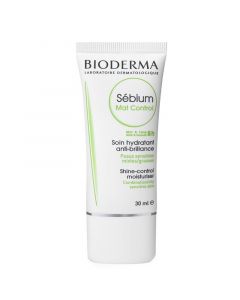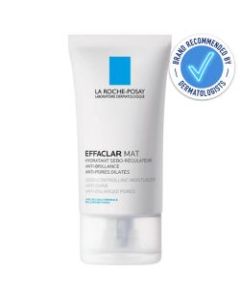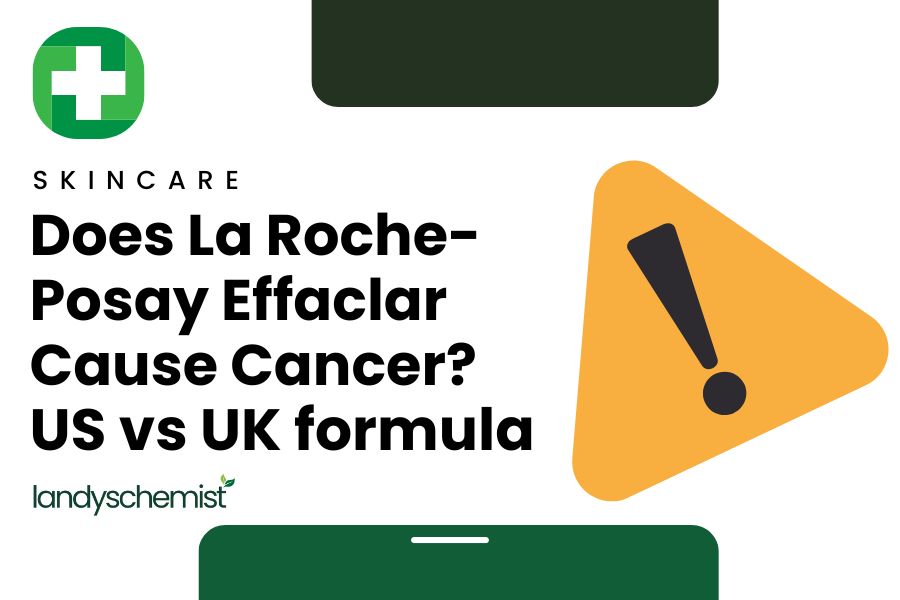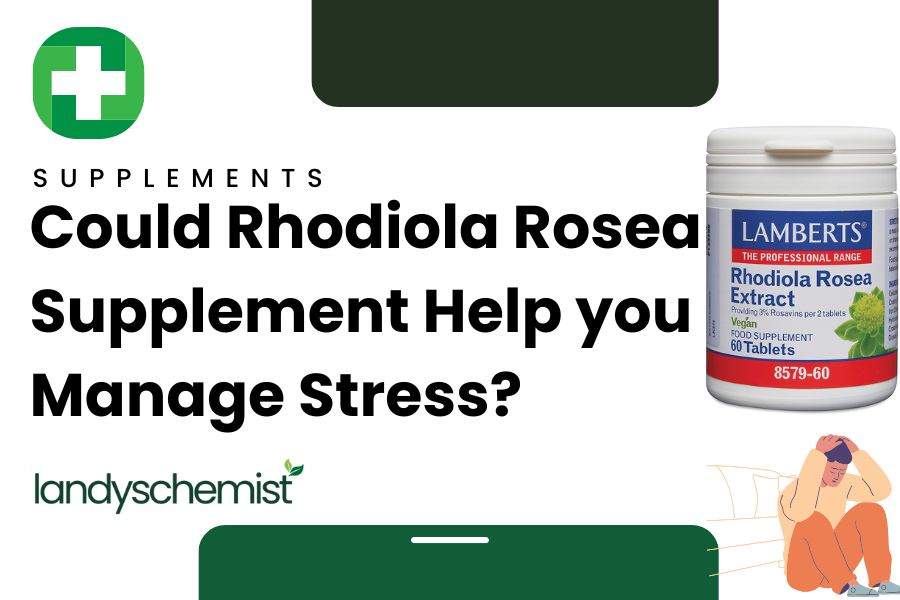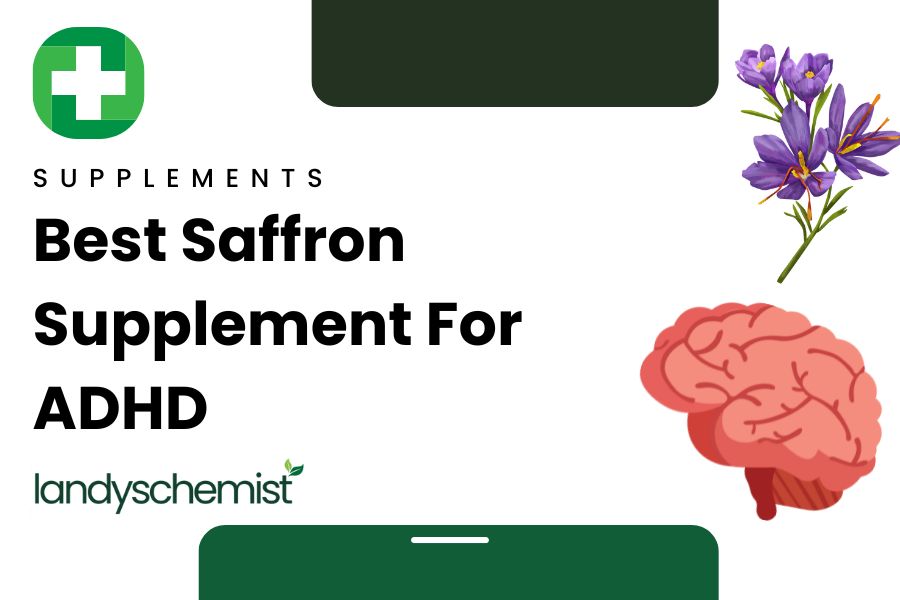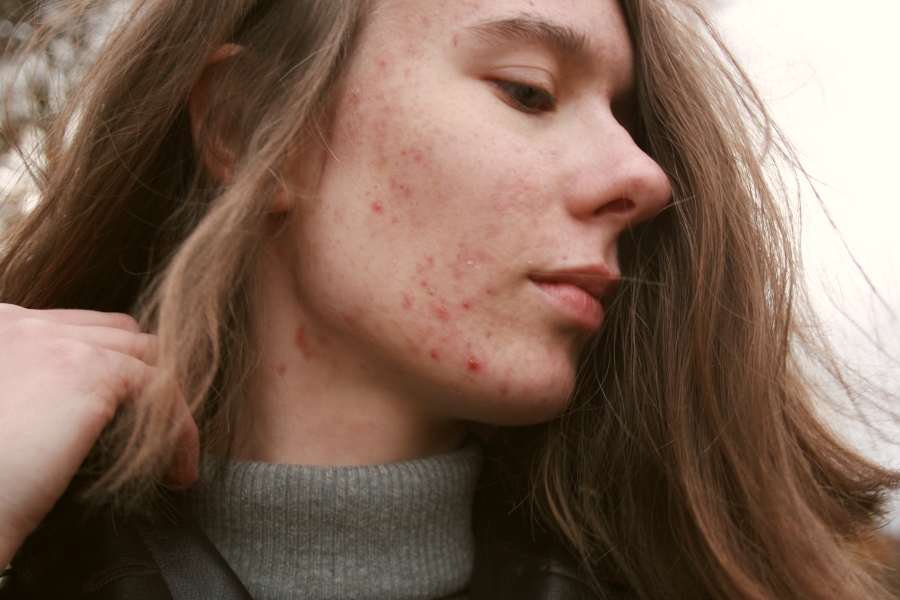
Can Moisturiser Actually Help Clear Up Acne?
You might think that moisturiser is one of the last things you should be using if you have acne-prone skin. But you would be wrong! In fact, using the right moisturiser can alleviate all kinds of skin problems.
In this article, we will answer some of the most common questions about moisturisers and acne-prone skin. We will consider treatments for acne as well as recommend the best moisturiser to use if you are struggling with acne.
What Is Acne?
Acne is a common skin condition that can affect people of all ages. It is characterised by the appearance of spots, which can be white, black or red. Acne spots are usually found on the face, chest and/or back.
Acne spots are caused by the overproduction of sebum, which is a natural oil that lubricates and protects the skin. Spots can break out when the sebum mixes with dirt and dead skin cells. Additionally, when there is too much sebum, it can clog pores and trap bacteria, which can lead to inflammation.
Acne is often associated with puberty, as this is when hormone levels are at their highest. However, it can also be caused by certain medications, such as corticosteroids or testosterone replacement therapy.
What Are The Treatments For Acne?
While there is no cure for acne, there are several treatments that can help to improve the appearance of the skin and reduce the severity of symptoms. Often you will use different treatments in combination with one another, depending on the severity of your acne.
Using Cleansers & Avoiding Harsh Scrubs
Using a cleanser is a great way to remove excess sebum and clear your pores. However, acne can be very sensitive so when choosing your cleanser you should avoid harsh scrubs or astringents. Foaming cleansers are recommended, used twice a day, to clean your skin without stripping it or causing inflammation.
Over-The-Counter Acne Medications And Creams
Over-the-counter acne medications and creams are available from pharmacies and can be effective in mild cases of acne. They help to treat acne by reducing inflammation, unblocking pores and killing bacteria.
Common topical treatments use benzoyl peroxide or salicylic acid, which have proven effective with mild cases of acne.
Prescription Medications
For more severe acne, prescription medications may be necessary.
There are a few different types of prescription medications that can be effective in treating acne. For example, topical retinoids can help to unblock pores and prevent the formation of new acne lesions. Another option is oral antibiotics, which can help to reduce inflammation and kill acne-causing bacteria. In some cases, a combination of different medications may be recommended.
If you're struggling with acne, it's important to talk to a dermatologist or other medical professional. They can assess your individual situation and recommend the best course of treatment.
Moisturisers Can Be Helpful In Acne Treatment
In addition, moisturisers can be helpful in acne treatment as they keep the skin hydrated and prevent dryness, which can make acne worse, and help to soothe the skin and reduce inflammation. When used in conjunction with other acne treatments, moisturisers can be an important part of an effective acne treatment plan.
If you are using a cleanser, it is especially important to apply a moisturiser as it re-hydrates the skin after you've cleaned it, and then adds all the vital nutrients needed to heal, like vitamin E.
Best Moisturisers For Acne
Not all moisturisers are created equal, and it's important to choose one that won't clog pores or worsen acne. To that end, here are three of the best moisturisers for acne-prone skin:
Bioderma Sebium Mat Control
Bioderma Sebium Mat Control is a light, non-greasy moisturiser that is ideal for those with sensitive or acne-prone skin. It contains ingredients that help to soothe and protect the skin, while also keeping it hydrated. It also has the benefit of being anti-shine and so leaves your skin with a matte look.
La Roche-Posay Effaclar Mat Moisturiser
La Roche-Posay Effaclar Mat Moisturiser is an oil-free moisturiser that is perfect for those with oily or acne-prone skin. It helps to control shine and sebum production, while also hydrating the skin. This is a great moisturiser if you are wearing make-up and have acne.
Find more moisturisers for acne prone skin
Moisturisers & Acne: FAQs
How Often Should I Moisturise My Face If I Have Acne?
Twice daily moisturising is recommended for great skincare. If you have acne, what is most important is using the right moisturiser for your skin type and following a good regular skincare routine, alongside using any medications or prescribed creams.
If you are cleansing your skin twice a day, as recommended, you should be moisturising twice too. Don't skip moisturising to avoid your skin getting shiny or oily. If that is happening it is a sign you need to use a different moisturiser, not stop altogether.
Is Cetaphil Good For Acne?
Acne is an inflammatory skin condition that can be caused by a variety of factors, including hormones, diet and stress. While there are many over-the-counter treatments available, some people prefer to use natural products. Cetaphil is a reliable brand as their cleansers are gentle and their moisturisers are fragrance free.
In one study, participants who used Cetaphil twice daily for eight weeks had a significant reduction in the number of pimples and blackheads. Additionally, Cetaphil is non-irritating and can be used on sensitive skin. For these reasons, Cetaphil may be an excellent choice for those looking for an alternative to traditional acne treatments.
By Girish Desai, Pharmacist (GPhC ), Nutritionist and Homeopath
Disclaimer
The products offered are not intended to diagnose, treat, cure, or prevent any illness or disease, or replace the advice of a medical professional. Results are not guaranteed and may vary from individual to individual.

